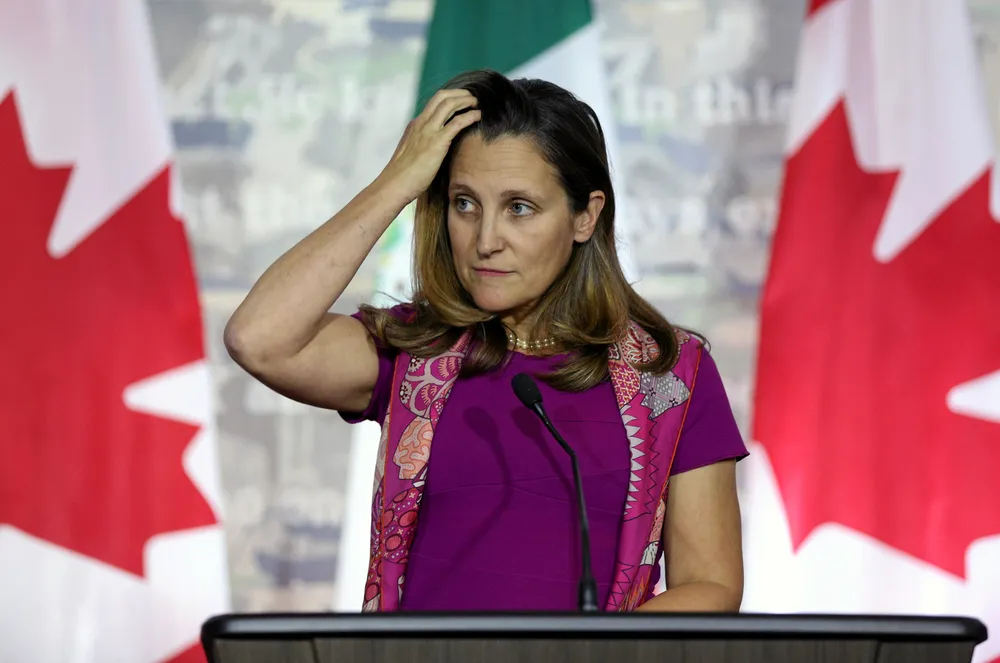Canada to introduce 40% hydrogen tax credit as fears mount it will be ‘left behind’ by US IRA
Government hopes generous incentives for H2 investments will help Canada to compete with its southern neighbour

Government hopes generous incentives for H2 investments will help Canada to compete with its southern neighbour
